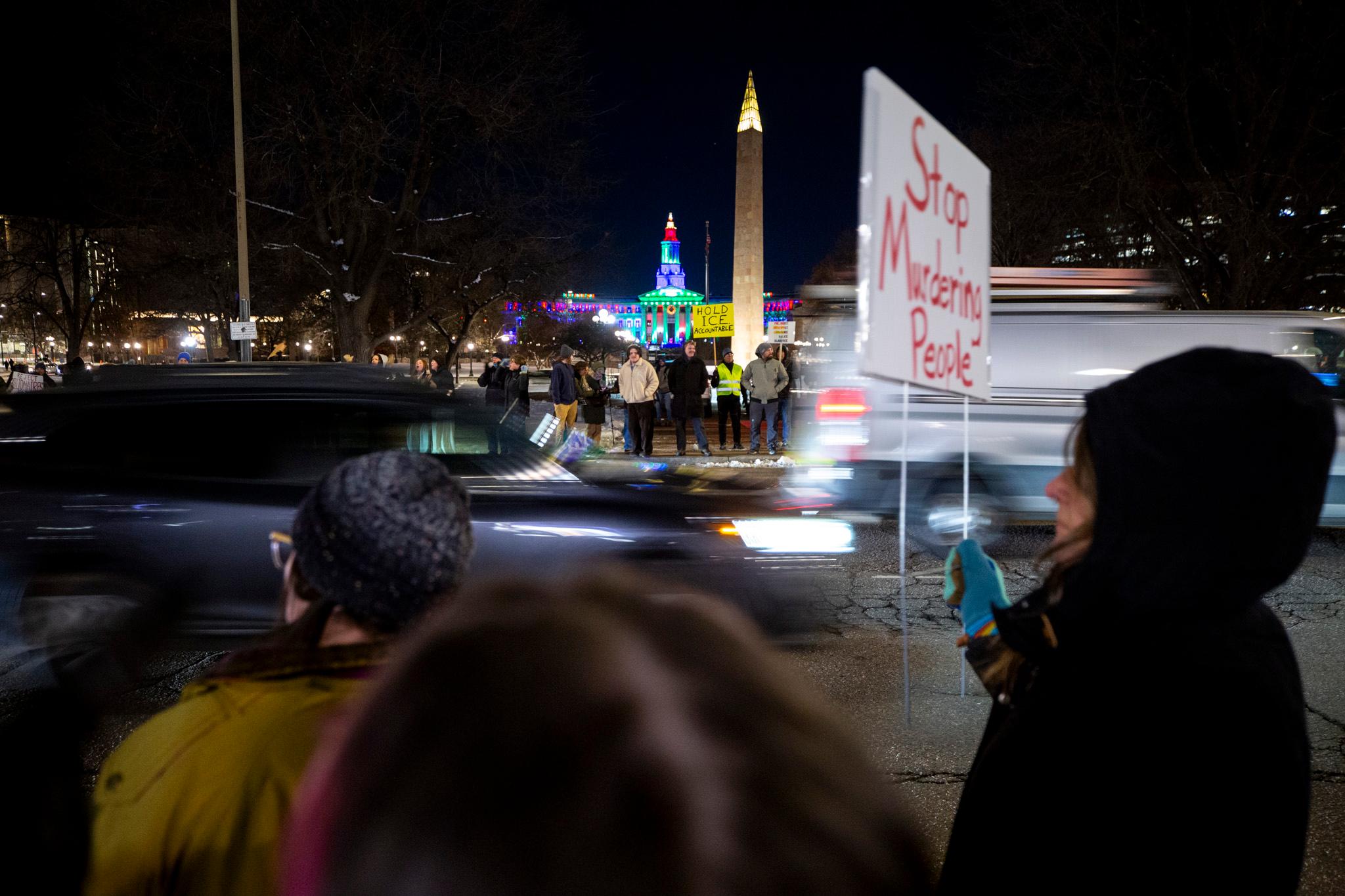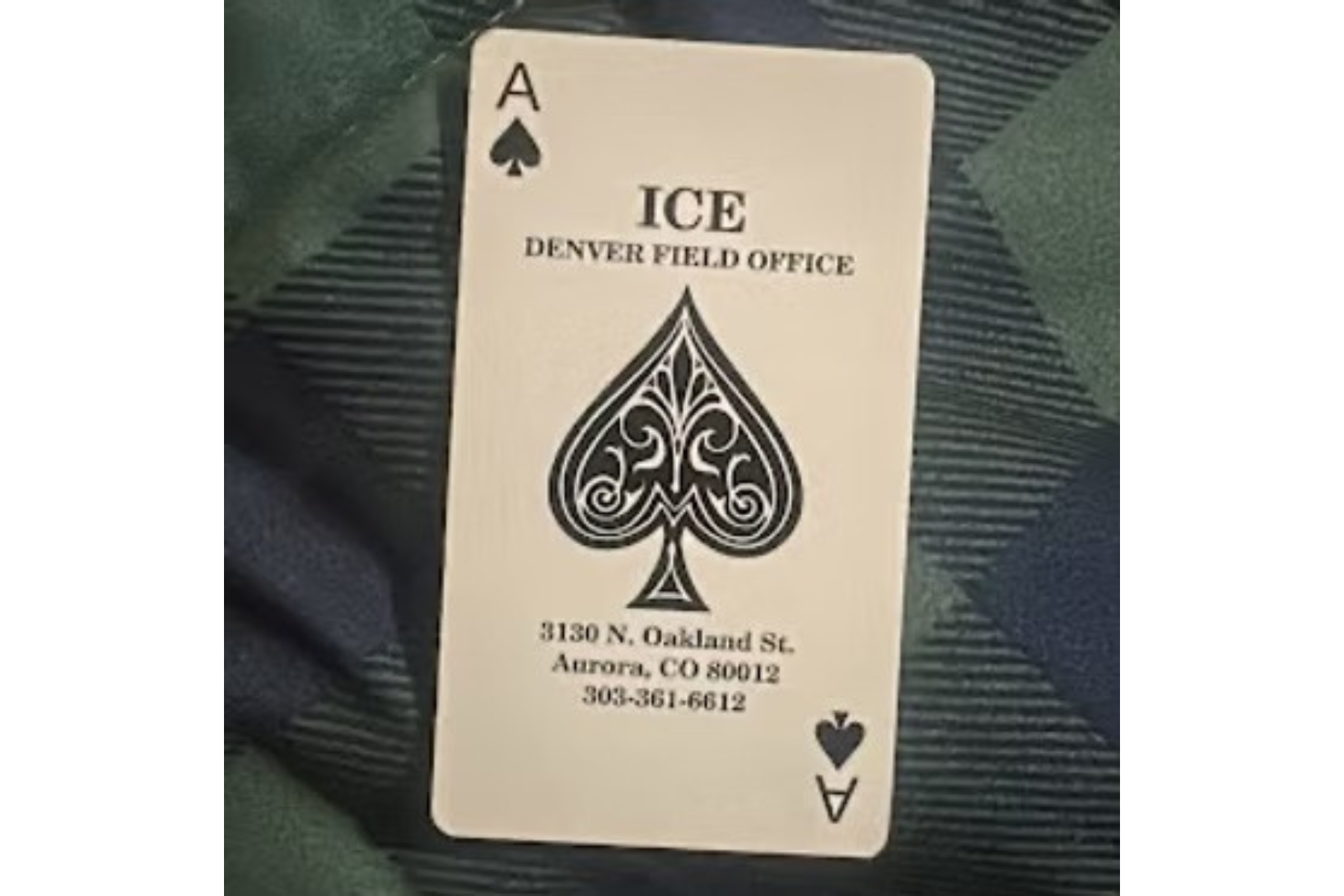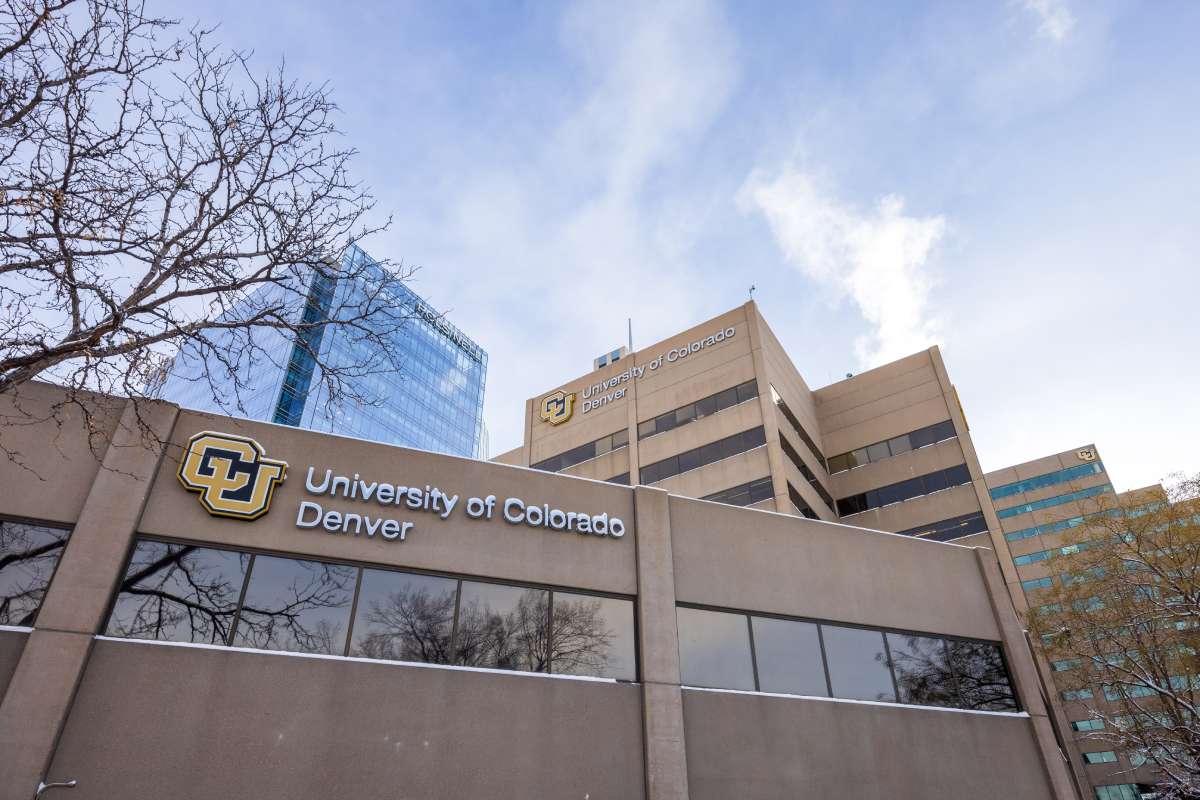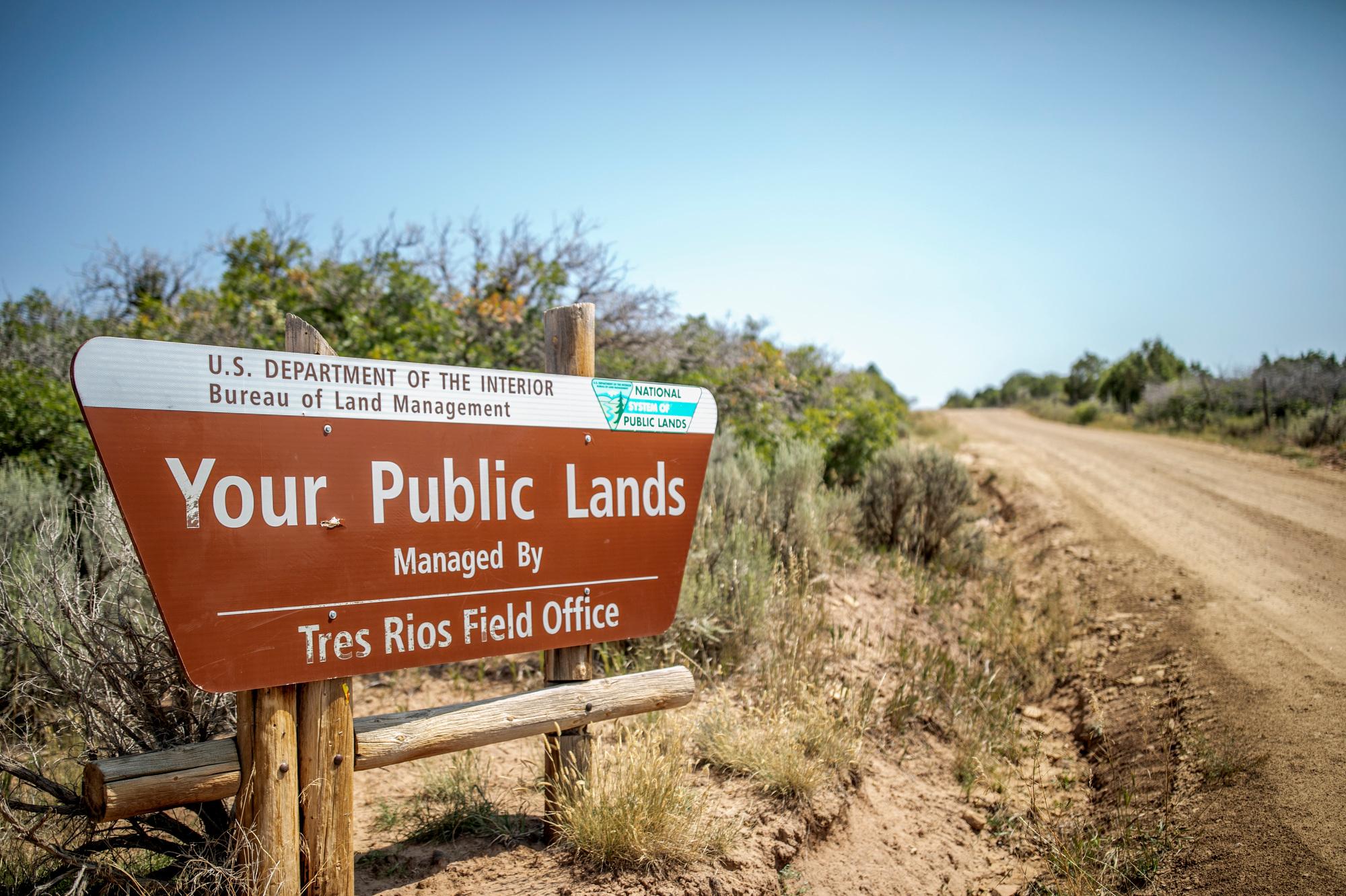
Updated 2:35 p.m., June 13, 2025
Last month, Democratic Rep. Joe Neguse succeeded in getting a provision to sell public lands in western states removed from Republicans’ giant reconciliation package.
“I'm proud of the work that we did, building a bipartisan coalition and exposing some sunlight on that pernicious provision that would've sold off hundreds of thousands of acres of public lands in Utah and Nevada, and that our work was successful in removing that from the bill,” he said.
But that victory may be short-lived.
The Senate version of the One Big Beautiful Bill Act goes even bigger on public land sales than what the House contemplated. GOP Sen. Mike Lee of Utah has included language mandating public lands sales in 11 western states, including Colorado. In total, the Republican proposal could shift up to 3.3 million acres of public lands managed by the Bureau of Land Management and the U.S. Forest Service into private hands over five years.
“I was shocked,” said Sen. John Hickenlooper. He sits on the Senate Energy and Natural Resources committee, which Lee currently chairs. “Our public lands are an heirloom — something to hand down to our children.”
Hickenlooper said none of the Democrats on the committee, whose states are on the list got advance notice or had the ability to give input.
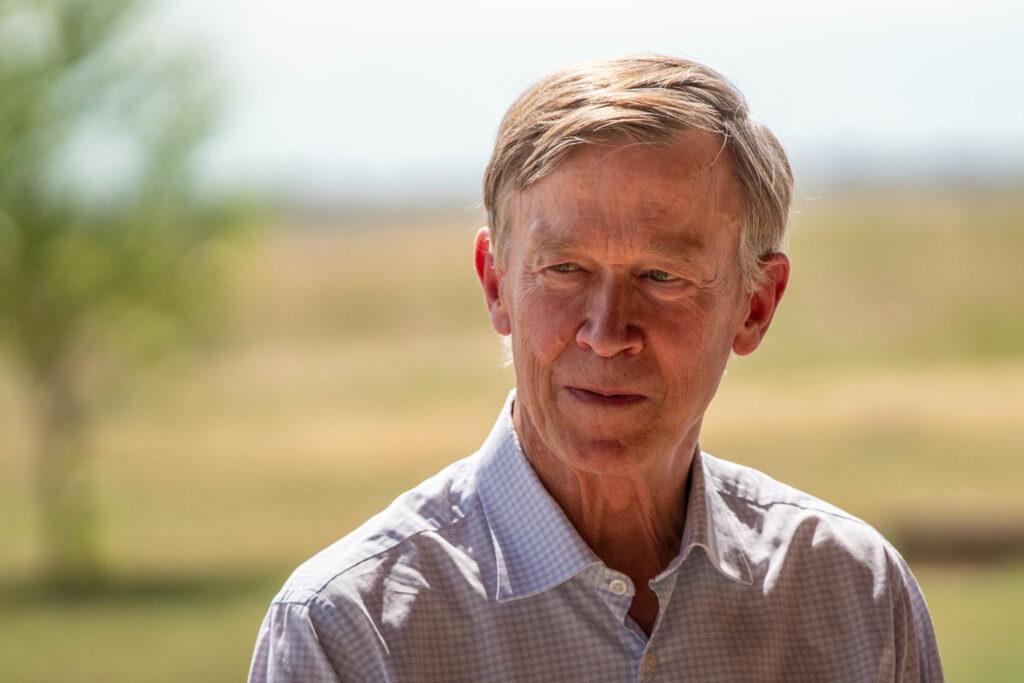
“That's not the way government's supposed to work,” Hickenlooper said. “It is mind-numbing that something like this could come forward without any discussion. No one asked my opinion or Michael Bennet's opinion. No one asked, to my knowledge, anyone's opinion outside a very small group of people that were hell bent on chaos and they're going to get some chaos.”
In a video Lee released with the text, he defended the proposal. “We’re opening underused federal land to expand housing, support local development and get Washington, D.C. out of the way of communities that are just trying to grow.”
GOP Rep. Lauren Boebert is supportive of Lee’s plan, saying most federal lands are “poorly managed.”
She likened Lee’s proposal to her CONVEY Act, which transferred 31 acres of BLM land to Mesa County for economic development.
“Senator Lee’s proposal, which addresses less than .075% of federal lands, is another responsible step in that direction. It promotes coordination, respects state and local priorities, and reflects a more sustainable approach to land management,” she said in a statement. “The outrage from the far left is not only unwarranted — it’s out of touch with the real challenge facing rural America.”
CPR News also reached out to the two other Republican House members who serve on the Natural Resources committee, Reps. Jeff Crank and Jeff Hurd, for comment, but received no response. Only Hurd voted against their chamber’s public lands sale amendment in committee.
The text would require that BLM and USFS sell between 0.5 percent and 0.75 percent of the land they manage collectively in Colorado, Alaska, Arizona, California, Idaho, Nevada, New Mexico, Oregon, Utah, Washington or Wyoming. That could add up to more than 5,000 square miles — an area larger than the state of Rhode Island.
The only Western state not included in the list is Montana.
Montana Sen. Steve Daines has said he opposes public lands sales. Still, he reportedly was one of the small group of people that Lee had shown the text. Daines told reporters earlier this month that any sales would have to be “very, very narrow in scope.”
Montana Rep. Ryan Zinke, who served as Secretary of the Interior during the first Trump administration, worked in the House to get the language stripped from that version of the bill. His office said he “remains a hard no on any bill that includes the large-scale sale of public lands.”
The sales would generate between $5-$10 billion over 9 years.
Under Sen. Lee’s proposal, the two public lands agencies would be required to solicit nominations for public lands to privatize and every 60 days publish a list of tracts of land for sale. A purchaser would have to say how they plan to use the land and how that use would address local housing needs.
The land sales would not include protected federal lands, such as national parks or national recreation areas, or include lands with existing leases, such as for grazing or mining.
“The decisions on which lands would be put up for sale come from nominations,” Hickenlooper said. “Anyone can nominate, but it'd have to have a community interest. But that criteria is kind of set by Washington and defined by the Secretary. So it's not really local. It's basically Washington telling Coloradans what lands are for sale.”
"Auctioning off these lands to pay for President Trump’s radical agenda, including the prioritization of tax cuts for billionaires and big corporations, is an affront to our core values," said Neguse and Sen. Michael Bennet in a joint statement Thursday.
A number of conservation and outdoor recreation groups have also come out against the proposal.
“This isn't about budget reconciliation or affordable housing. This is a fraudulent scheme to swindle American citizens out of our shared legacy,” said Patrick Berry, CEO for Backcountry Hunters & Anglers. “Our public lands are not disposable assets and the gaslighting campaign claiming this is somehow a solution to a housing crisis is an insult to all of us. Our lands are the physical inheritance of generations of Americans who fought to keep public lands in public hands.”
Kent Ebersole, president of the Outdoor Industry Association, said, “We appreciated that the House removed a similar provision from its version of the bill and we strongly encourage the Senate to do the same. We will continue working with the bipartisan coalition in Congress that helped stop this proposal last month to protect these critical places that power the $1.2 trillion outdoor recreation economy.”
Neguse echoed that sentiment. “If (this proposal) makes its way back to the House, we will leverage those same coalitions that we’ve built here to do our part to stop it once more.”

